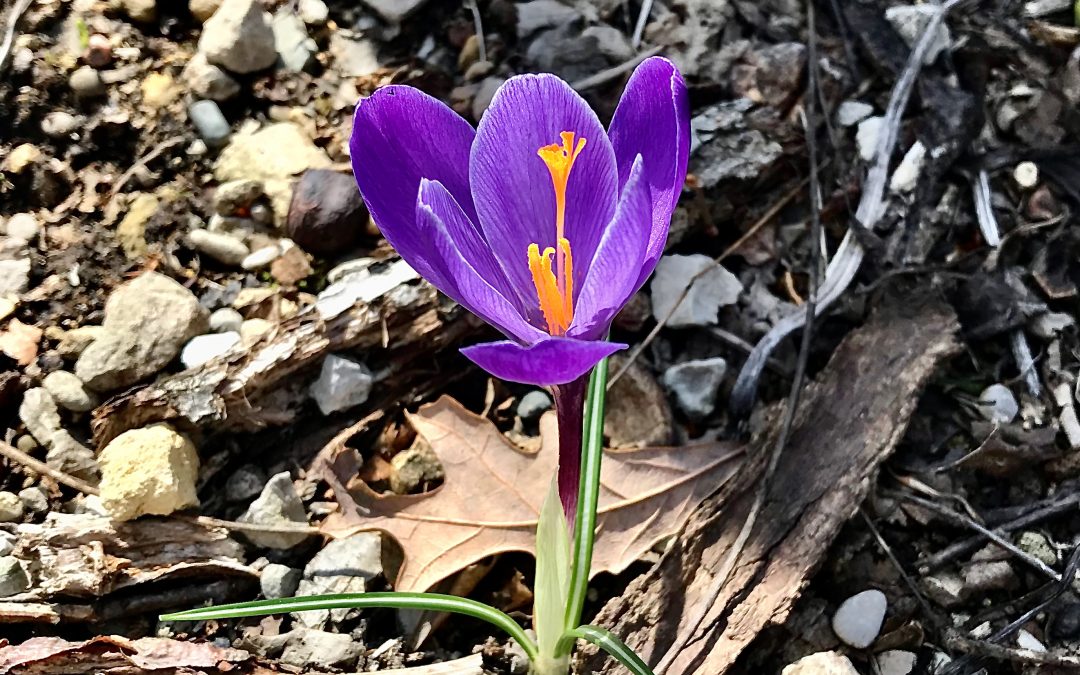Spring activities have begun, end-of-school-year craziness is starting to fill your calendar, and your family’s long-sheltered immune systems are struggling to keep up against the season’s usual bugs. All of this is piling on top of the usual stressors: the house is a mess, the weekend grocery haul already ran out, there’s another note from school, the mail’s stacking up, and you have to make dinner again. You’re pretty much running on fumes.
Just for fun, let’s add one more thing to your list. You’ve probably been encouraged for the thousandth time by yet another blog or a well-intentioned friend to also “practice self-care”. The phrase is as overused these days as “unprecedented times” and “new normal”. But please try to hear me out as I join the bandwagon – because I’m about to propose a gratitude exercise.
Seems like a ridiculous suggestion when you can’t even shower without interruption, I know. I’m the first to admit that it feels impossible some (most?) days. Yet gratitude remains one of the most overlooked tools that we all have access to every day, and the benefits are enormous.
Dozens of studies tell us that feeling gratitude has a wide range of perks, including reducing stress and improving relationships. Scientists at Indiana University even found that it can change your brain, making you happier and less prone to depression. Maybe even more importantly, they discovered that it makes you more receptive to gratitude experiences down the road. In other words, it can kickstart a positive snowball effect.
So how can we realistically get more gratitude into our stressful days? Here’s a fairly easy trick to try out. The next time something makes you smile, just make note of it in your head, but start with the words, “I get to.”
Begin with the easy observations:
“I get to watch my son shine on the soccer field.”
“I get to enjoy a fun evening out.”
Once you have that nailed, do the same thing with the less obvious stuff:
“I get to have some alone time at Target”
“I get to savor this sip of coffee.”
Finally, the real challenge – apply the words to the moments that make you want to escape:
“I get to practice patience while stuck in bad traffic.”
“I get to help my daughter navigate this tantrum.”
No one can do this successfully all of the time, or even always believe the words in the moment (I’m looking at you, tantrum example). But those three little words – “I get to” – are deceptively powerful, because they lend you an important, subconscious shift in perspective. The word gratitude is derived from the Latin word gratia, which means grace. Even the tough stuff means that you get to experience life in all its beautiful and ugly splendor. And acknowledging that simple fact is the true essence of gratitude.

About the Author
Kerry Galarza, MS OTR/L is the Clinical Director and an occupational therapist at Elmhurst Counseling. She provides specialized assessment and intervention with children of all ages and their families. Kerry engages clients with naturally occurring, meaningful home-based methods to empower autonomy and maximize functioning.

